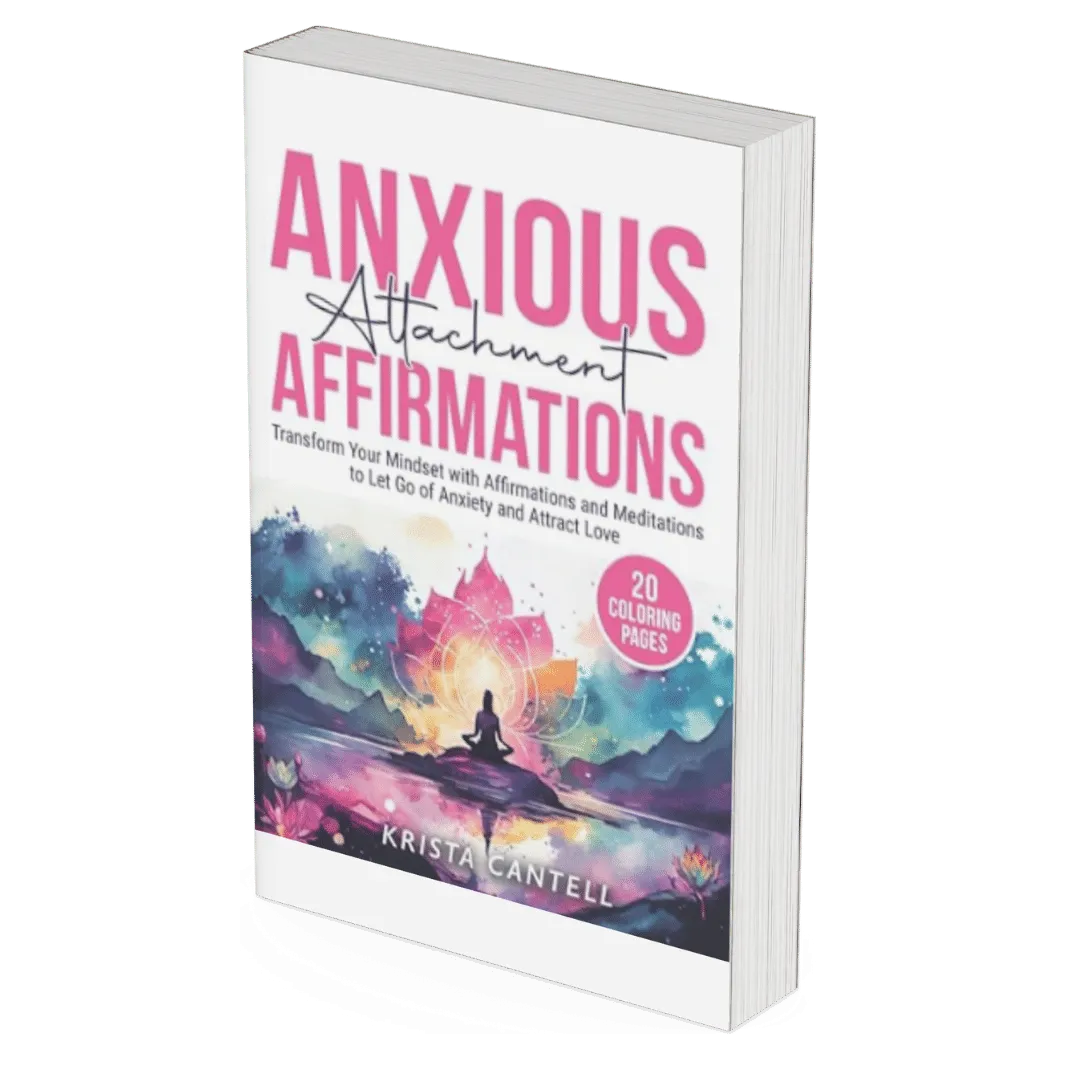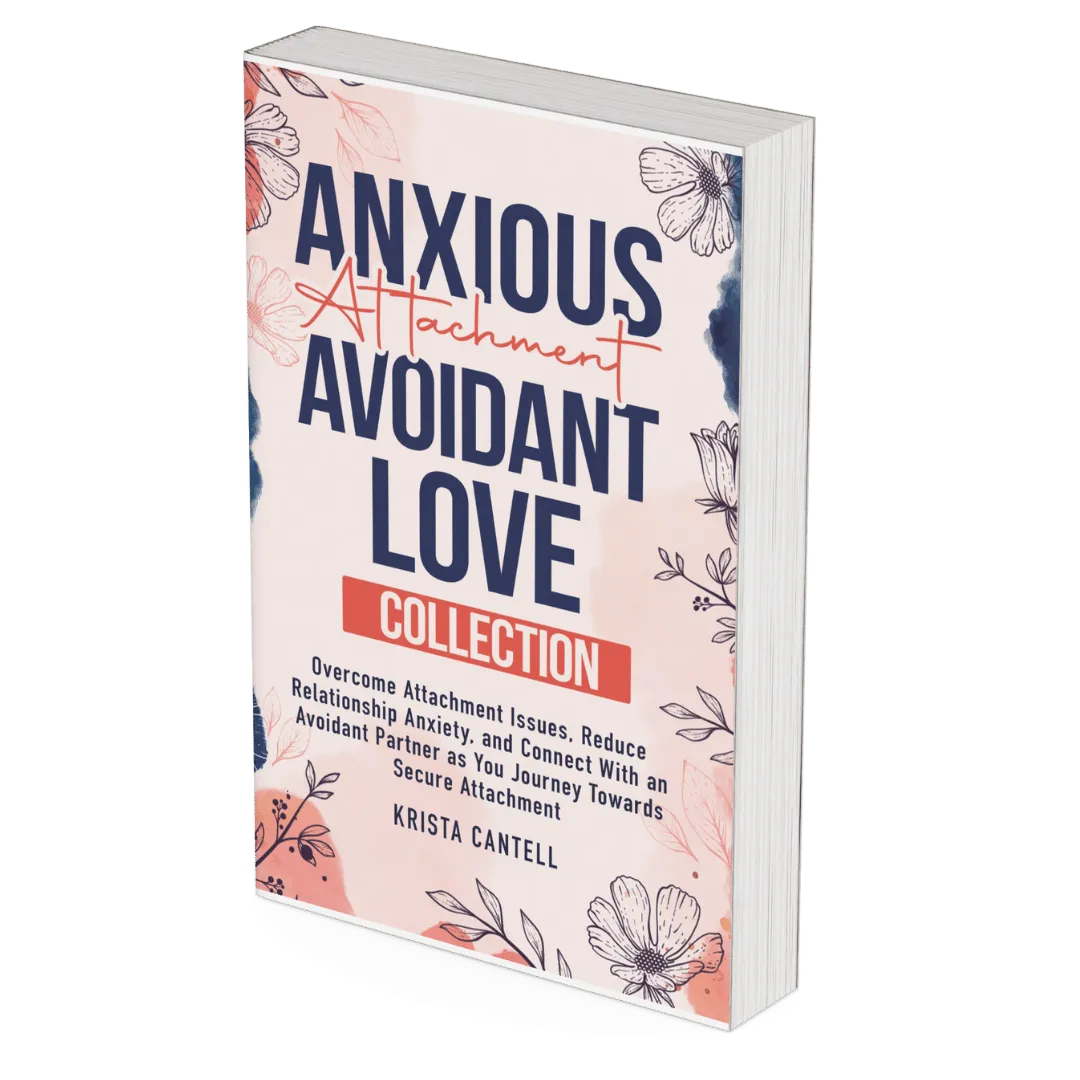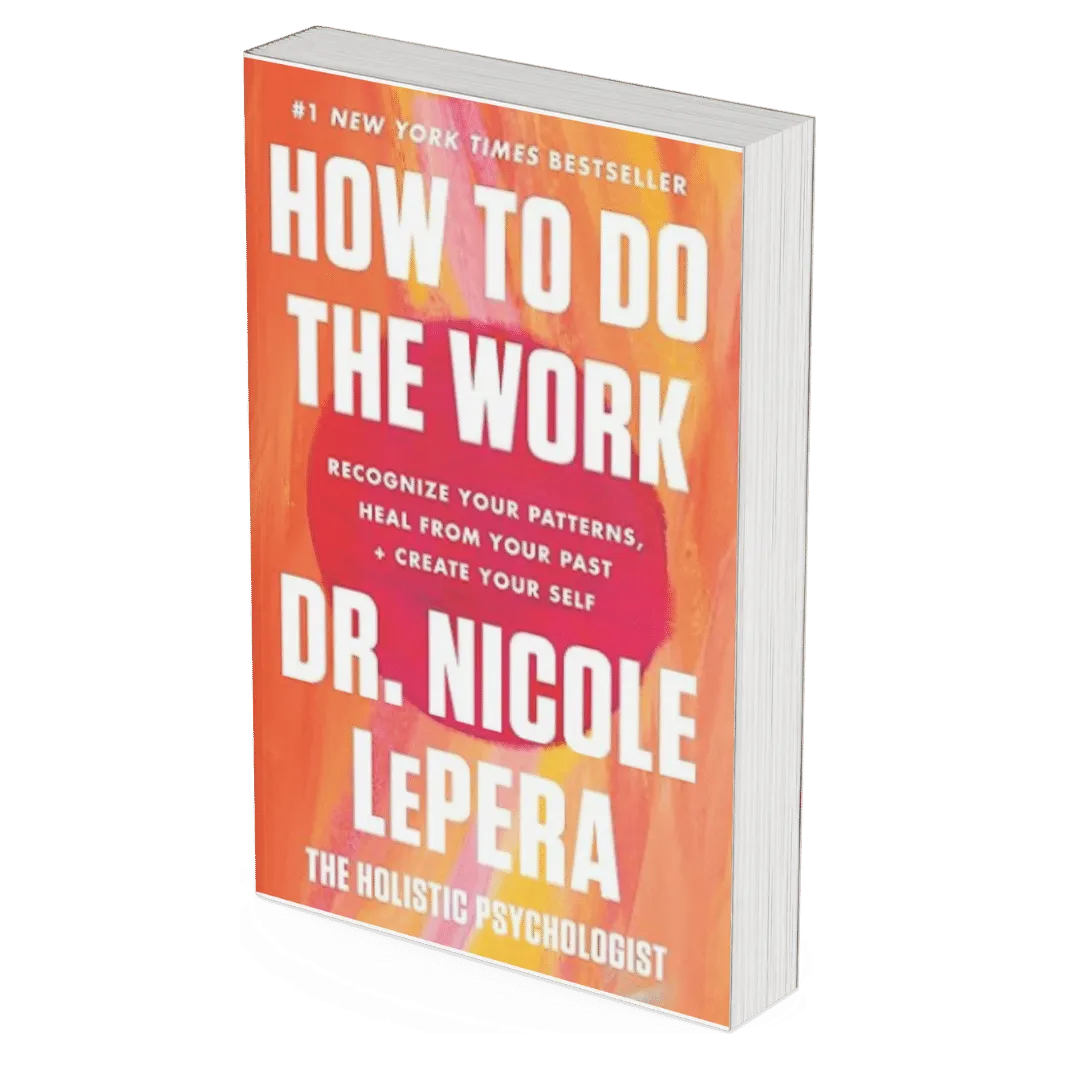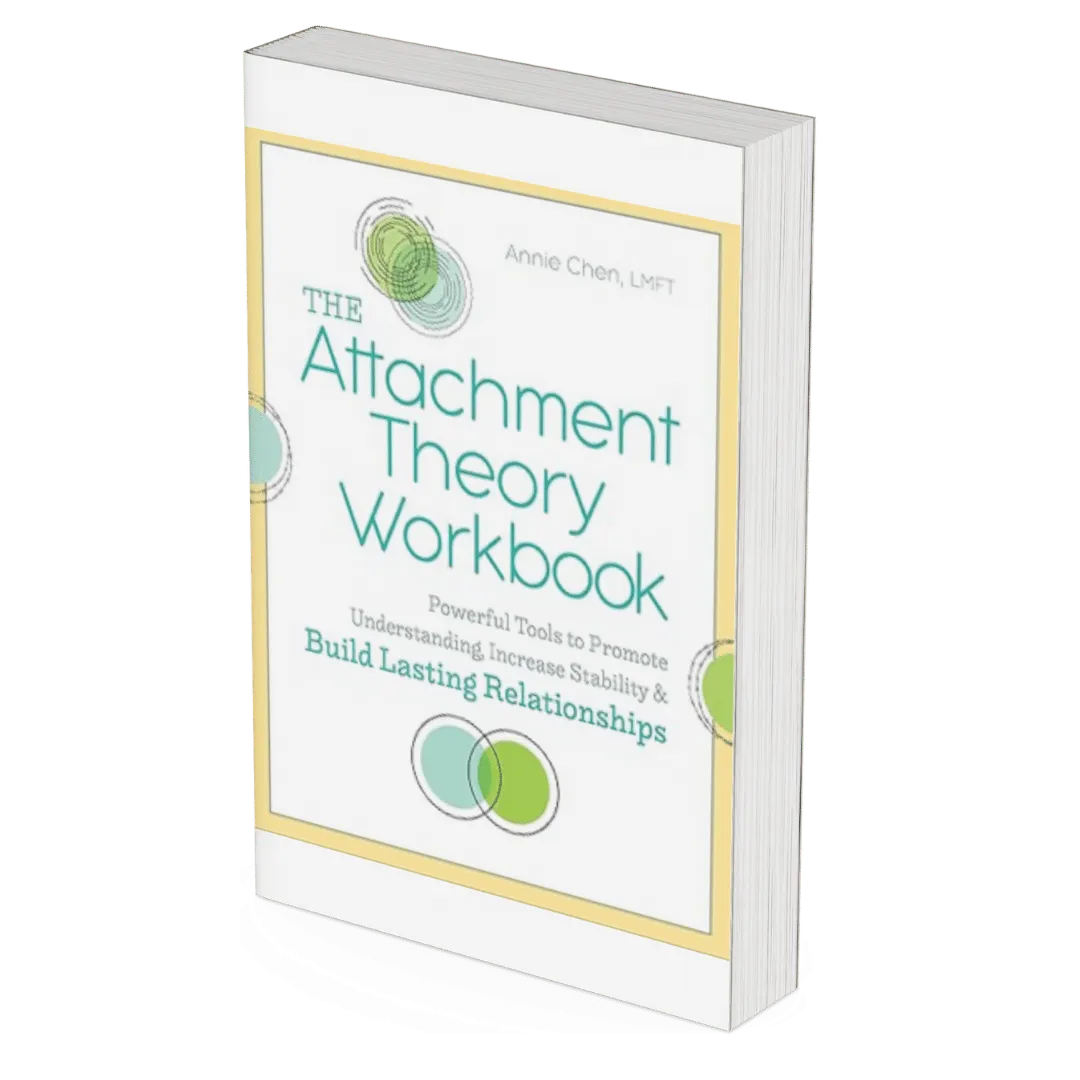Books About
Attachment Theory
Dive into our carefully curated selection of transformative books, enriching courses, and expert therapist recommendations, all designed to empower you with the knowledge and tools to build deeper, more fulfilling connections. Whether you're seeking to understand your relationship patterns, improve communication with your partner, or simply enrich your personal growth journey, Attachment Theory Books is here to light the way. Start your journey towards stronger, healthier relationships today!
Featured Books This Month
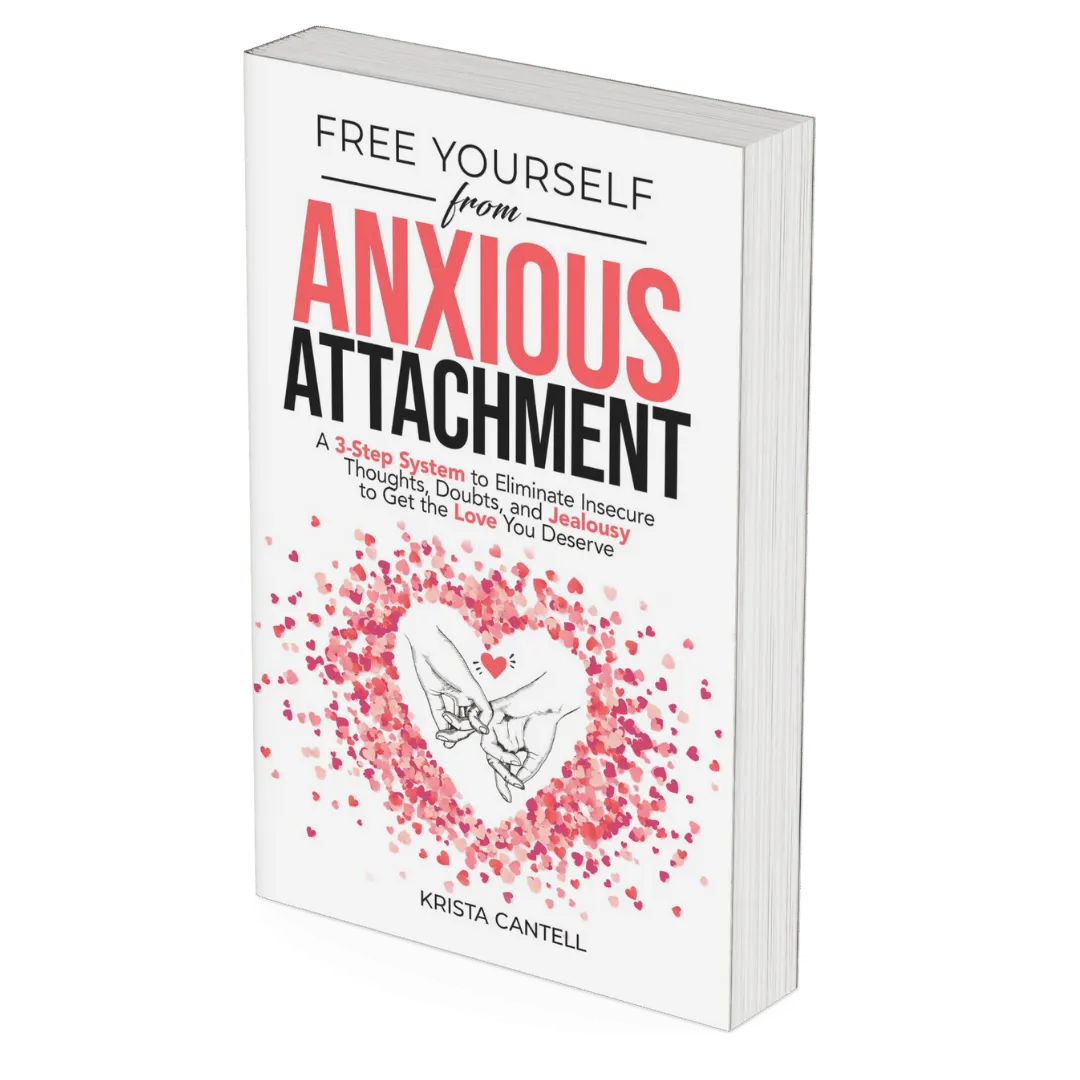
Free Yourself from Anxious Attachment

Loving an Avoidant Partner
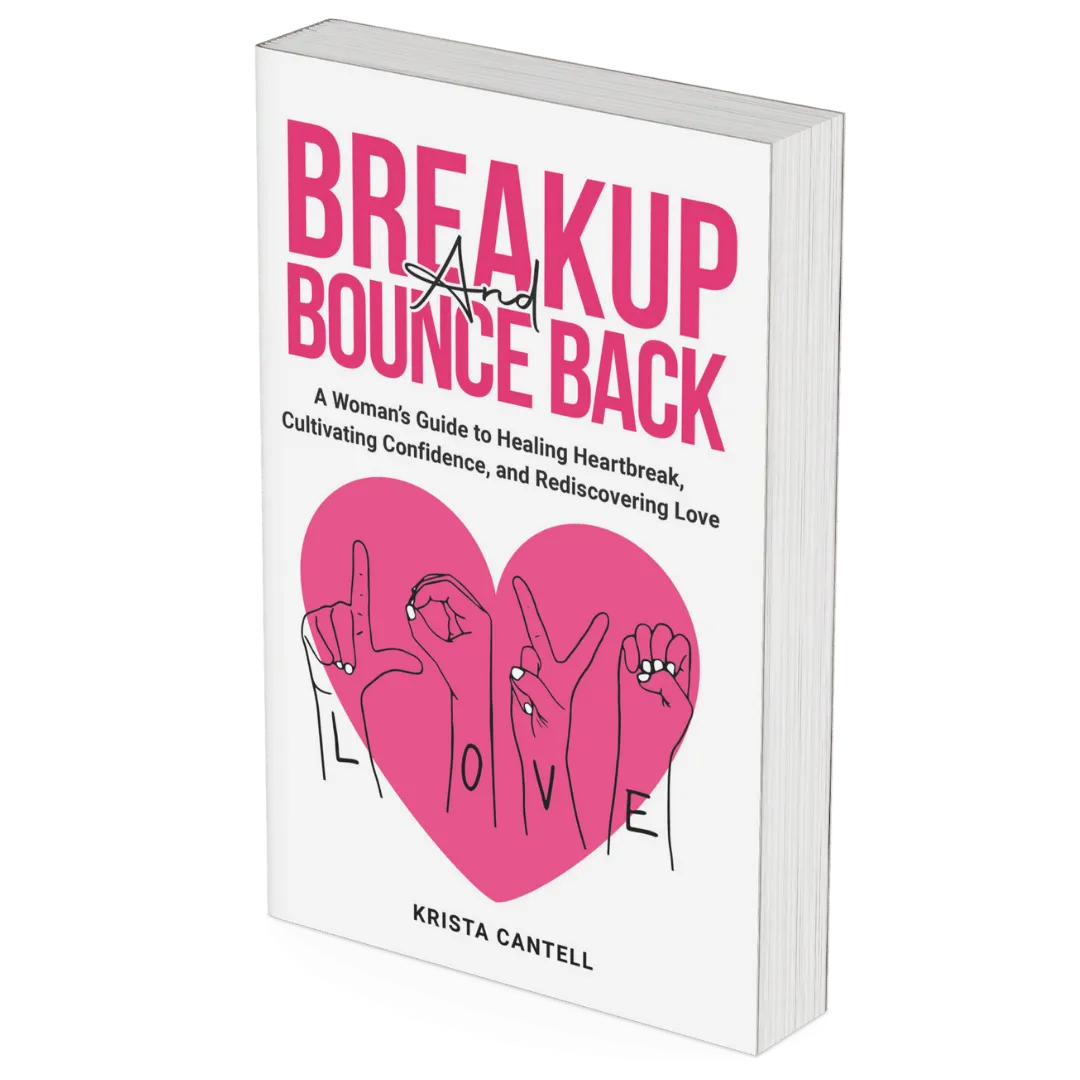
Breakup and Bounce Back

Breakup and Bounce Back

Loving an Avoidant Partner
Want to List Your Book Here?
Are you an author or publisher with a book that delves into the nuances of relationships or attachment styles? If you believe your work can enlighten and guide others on their journey to healthier, more secure relationships, we would love to consider it for inclusion in our esteemed directory.
Our website serves as a beacon for those seeking to deepen their understanding of attachment theory and its profound impact on relationships. By featuring your book, you'll be contributing to a valuable resource that empowers readers worldwide.

Attachment Theory Blog

Relationship Burnout: Recognizing the Signs
Relationship Burnout: Recognizing the Signs and Taking Action
Feeling exhausted and disconnected in a once vibrant relationship is a daunting experience many people face. Relationship burnout happens when emotional, physical, and mental reserves are depleted due to unresolved conflicts and constant stress. It's essential to recognize that burnout is different from fleeting feelings of frustration; it eschews temporary annoyance for a more deep-seated erosion of connection and affection.
Many couples realize that burnout often stems from poor communication and unaddressed issues. Repeated misunderstandings compound over time, creating a chasm that feels impossible to bridge. It's crucial for partners to recognize the signs early on and take proactive steps to address them.
Rekindling intimacy and emotional wellness is not an overnight process, but with effort and often therapeutic support, couples can rebuild their bond. Small but consistent actions focused on mutual care and understanding can revive a relationship, transforming burnout into a renewed sense of closeness and empathy.
Key Takeaways
Relationship burnout occurs from prolonged stress and unresolved conflict.
Addressing communication issues early can prevent emotional disconnect.
Therapy and consistent effort can revive intimacy and wellness.
Understanding Relationship Burnout
Relationship burnout is the result of prolonged stress and emotional exhaustion within a relationship. It often leads to feelings of being overwhelmed, which can impact both mental health and the quality of the relationship.
Signs and Symptoms of Relationship Burnout
Identifying relationship burnout involves recognizing various signs and symptoms. Emotional exhaustion is a key indicator, where one feels drained, emotionally detached, and unable to engage.
Decreased interest in activities once enjoyed together, alongside constant irritation or frustration, can signal burnout. Physical symptoms such as headaches, insomnia, or changes in appetite might also be present.
Mental health issues like anxiety and depression can develop or worsen due to prolonged stress in the relationship. Both partners might feel the strain, leading to misunderstandings and further emotional withdrawal.
Causes and Contributing Factors
Several factors contribute to relationship burnout. Chronic stress from external sources such as work pressures, financial issues, or health problems can spill over into the relationship.
Lack of communication and unmet expectations often exacerbate feelings of frustration and resentment. Over time, these unresolved issues accumulate, adding to the emotional burden.
Imbalance in effort where one partner feels they are carrying a disproportionate load can lead to feelings of being overwhelmed. Unrealistic expectations set during the early stages of the relationship can also set the stage for burnout when reality falls short.
Understanding these causes helps in recognizing early signs and seeking appropriate support or intervention to manage and mitigate the effects on the relationship.
Communication and Conflict Resolution
Clear communication and effective conflict resolution are essential for preventing relationship burnout. By ensuring open dialogue, managing expectations, and applying de-escalation strategies, partners can maintain a healthy and resilient relationship.
Improving Dialogue
Effective communication starts with active listening and a willingness to engage. Encourage both partners to express their thoughts and feelings openly without fear of judgment. Techniques such as "I" statements can help frame concerns without sounding accusatory, e.g., “I feel hurt when...,” instead of “You always…”.
Nonverbal cues like eye contact and body language are crucial. Maintaining respectful tones and avoiding interruptions foster a safer atmosphere for dialogue. Scheduling regular check-ins can also keep communication lines open, helping partners address issues before they fester.
Managing Expectations
Managing expectations involves clear agreements and understandings. Couples should discuss their individual needs, boundaries, and deal-breakers transparently. By setting realistic and flexible expectations, partners can avoid disappointments and misunderstandings.
It’s also important to revisit and adjust expectations regularly. Life changes, such as job shifts or family additions, necessitate re-evaluation of commitments and needs. Mutual respect and patience when discussing evolving expectations contribute to relationship stability.
Strategies for Conflict De-escalation
De-escalation strategies are vital during heated moments. Taking a break when emotions run high prevents regrettable statements or actions. Returning to the conversation with a calmer demeanor can make resolution possible. Acknowledging each other’s perspectives without necessarily agreeing can ease tensions.
Agreeing on a code word to signal a time-out or using conflict resolution models like the "Gottman Repair Checklist" can provide structure. The key is to prioritize the partnership over the conflict, focusing on solutions rather than assigning blame.
Reviving Intimacy and Wellness to Overcome Relationship Burnout
Addressing relationship burnout involves rekindling emotional connections and tackling sexual dissatisfaction. These steps require consistent effort and a focus on both partners' wellness.
Rekindling Emotional Connection
Emotional burnout can significantly impact a relationship. To reconnect, couples should prioritize regular, meaningful conversations.
Setting aside dedicated time for each other helps to rebuild trust and intimacy. Sharing experiences and feelings openly can foster better understanding and care.
Activities like:
Date nights: Spending quality time together without distractions.
Shared hobbies: Engaging in activities both enjoy can strengthen bonds.
Consistent effort in these areas can gradually reduce emotional burnout and improve the relationship’s emotional health.
Addressing Sexual Dissatisfaction
Sex life often suffers during periods of relationship burnout. Addressing this requires open communication about desires and frustrations.
Couples should talk frankly about their sexual needs and make efforts to prioritize intimacy. Introducing new activities or routines in the bedroom can help reignite passion.
Practical steps include:
Scheduling intimate time: Making sex a priority even in busy schedules.
Exploring new interests: Trying new things can break monotonous patterns.
By focusing on these areas, couples can enhance their sex life and overall wellness, reducing feelings of dissatisfaction.
Therapeutic Interventions and Support
Therapeutic interventions can help couples recognize and overcome relationship burnout. Individual therapy also plays a crucial role in building personal resilience and addressing underlying issues.
When to Seek Couples Therapy
Couples therapy can be beneficial when communication breakdowns become frequent, leading to misunderstandings or unresolved arguments. It's also helpful when emotional intimacy fades, and partners feel detached or isolated. Patterns of blame and resentment that persist over time can significantly harm the relationship if not addressed.
Professional guidance can help couples develop healthier communication skills and emotional connection. Early intervention prevents small issues from escalating into major conflicts. It's important to approach therapy with an open mind and a willingness to change.
The Role of Individual Therapy
Individual therapy addresses personal issues that may contribute to relationship burnout. It helps individuals understand their own emotional responses and patterns, aiding in personal growth and resilience. Therapy can uncover past traumas or unresolved issues that impact current relationships.
Therapists work with individuals to develop coping strategies and improve self-awareness. This process not only benefits the person but positively influences the relationship dynamic. Individual sessions can complement couples therapy, offering a holistic approach to recovery.
Frequently Asked Questions
When dealing with relationship burnout, understanding the signs, how to recover, and what steps to take can be crucial. This section provides clear answers to common concerns.
What are the signs of feeling burned out in a partnership?
Individuals might feel emotionally drained, disconnected, or less interested in spending time with their partner. Frequent arguments, lack of intimacy, and feeling undervalued are also common indicators.
How can one recover from burnout within their romantic relationship?
Effective communication is key. Setting aside quality time, seeking couples therapy, and practicing self-care can help rekindle the connection and restore energy.
What are the typical stages experienced during relationship burnout?
Stages often include initial dissatisfaction, increasing irritation, emotional withdrawal, and finally, a feeling of detachment. Each phase can vary in duration and intensity.
How does burnout manifest in long-distance relationships?
Long-distance relationships may experience communication breakdowns, feelings of loneliness, and trust issues. Regular virtual interactions and planning visits can help mitigate these challenges.
What to do if one partner in the relationship is feeling burnt out?
Encourage open dialogue and listen without judgment. Suggest joint activities that you both enjoy and consider seeking professional help to navigate the situation together.
Is feeling tired or exhausted in a romantic partnership a common experience?
Yes, many couples experience periods of exhaustion. It's important to differentiate between temporary tiredness and prolonged burnout, addressing the latter with appropriate measures.

